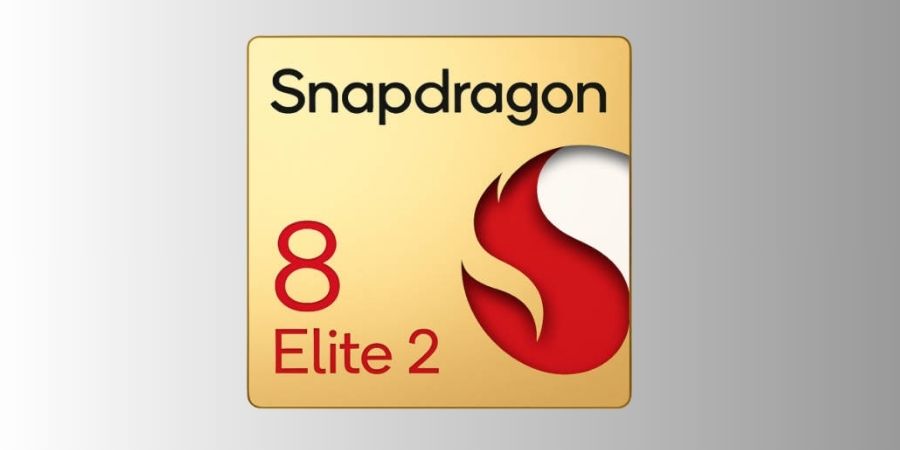The gambling industry shifted online during the mid-1990s and it has advanced substantially since then. Since its early days as a digital imitation of brick-and-mortar casino games, the online casino industry has grown into a billion-dollar business that covers various gaming options which include traditional slot mechanics alongside live dealer services. The combination of technological progress with changing customer demands and gaming software transformations has driven an evolution that turned online casinos into their most appealing and accessible form in history.
The Early Days: Classic Slots and Basic Table Games
Online casinos came into existence during the mid-90s because of the Internet’s expansion. Online casino platforms at their inception provided only basic features consisting mostly of classic video slots together with a few basic table games such as blackjack roulette and poker. During that time the gameplay was executed at a sluggish pace because of the restrictions on Internet speeds imposed while the games displayed basic graphical elements.
The digital revolution of slots began before other casino gaming options because these ancient games first migrated from physical casinos to the web. These original slot games duplicated the operating mechanism of brick-and-mortar casino slots by having three vertical reels with minimal horizontal pay line options. Multiple features in the earliest computer games made them attractive to new online casino players because users could now gamble at home.
The initial rise of online casinos encountered various difficulties because users questioned how safe their operations would be as well as how fair the gaming would be. The skepticism of bettors caused the establishment of regulatory organizations such as the Malta Gaming Authority (MGA) and the UK Gambling Commission (UKGC to authenticate the industry.
The Rise of Video Slots and Advanced Table Games
The development of internet technology additionally enhanced the quality of online casino games. In the early years of the 2000s developers brought forward video slots to replace traditional mechanical reels with digital reel replacements. Advanced game features including enhanced graphics and multiple paylines along with interactive bonus options made new video slots outperform previous versions.
The addition of random number generators (RNGs) substantially contributed to creating fair conditions for online casino games. RNGs took over slot machine physical elements to bring sophisticated algorithms that made every spin random while keeping results separate from each other. The improved gaming confidence among users caused additional individuals to explore the world of online gambling.
Digital versions of traditional table games improved their sophistication as they entered the online platform. Developers integrated 3D graphic animations and AI-based gameplay features as they worked to improve the realism of blackjack roulette and poker. The multiplayer functions in the game let players match against one another to build a shared gaming environment.
The Emergence of Mobile Gaming
Mobile technology brought the next significant transformation in online casinos. Online casinos made their platforms accessible to mobile gamers through platform optimization during the time when smartphones grew more powerful and internet speeds got better. Gaming companies created portable casino services which gave players increased accessibility to gambling from anywhere regardless of location.
The development of mobile-first games in casinos ensured players would have a smooth experience when using smaller mobile devices as their primary gaming platform. The launch of mobile casino applications through dedicated apps led to better usability experiences for users. The industry saw a substantial market expansion because mobile devices gained popularity among players who chose gaming on their phones rather than desktops.
The Revolution of Live Dealer Games
Live dealer games have emerged as the largest progression inside the online casino industry during the previous years. Through these games players can experience true authenticity as they lose no aspect of their typical casino ground gameplay while using online casinos.
The streaming platforms deliver top-quality real-time broadcasts of casino gaming shows featuring genuine dealers handling games in their studios. Through their platform chat feature players can text both dealers at their tables and other gamblers while this system duplicates the dialog of land-based casino games. Live blackjack, live roulette along with live baccarat games thrive in the market because they have proven to generate more interactive gameplay than traditional RNG-based casino games.
The live dealer games’ triumph depends mainly on players choosing this gaming selection because it builds their confidence. Several casino players hold doubts about digital RNG-based games since they fear this system allows dishonest results. Live dealer games provide complete visibility of the action because real-time dealer performance is broadcast in front of everyone. As a result no one doubts the fairness of the games since everything is transparent.
AR and VR platforms introduce core components that build up elite direct video-gaming experiences. Modern VR-based casino technology available for testing in online casino platforms enables users to visit 3D digital virtual gambling rooms where they can meet fellow players and dealers within immersive virtual environments. The evolving VR technology indicates it will change the operations of online gambling during the upcoming few years.
The Future of Online Casinos
Modern technological progress and shifting customer needs drive persistent evolution within the online casino market. The upcoming future of online gambling will be driven by several developments which include:
The growing number of online casinos now incorporates Bitcoin alongside Ethereum and other cryptocurrencies to provide customers with secure and speedy monetary transactions using Blockchain technology. The technology of blockchain allows players to establish fair game results that reveal all processes while maintaining complete openness.
Artificial Intelligence serves two purposes in online casinos: it improves gaming personalization and detects gambling problems and provides enhanced customer assistance through its systems.
5G Technology brings new possibilities to online casinos because the 5G network enhances high-quality gameplay by minimizing delays in live dealer sessions.
Skill-based casino games featuring interactive elements are attracting players more than conventional games because they boost player control over game results.
Conclusion
The last four decades introduced substantial changes to online casinos starting with basic digital slot machines and expanding to present-day immersive live dealer options. The development of technology improves both accessibility and security and transparency and fairness within the online gambling industry. Players will witness future industry advancements that will create new boundaries between digital gambling services and traditional casino rooms. Online gambling will continue to evolve with greater presence through mobile gaming and live dealers as well as virtual reality casinos.













